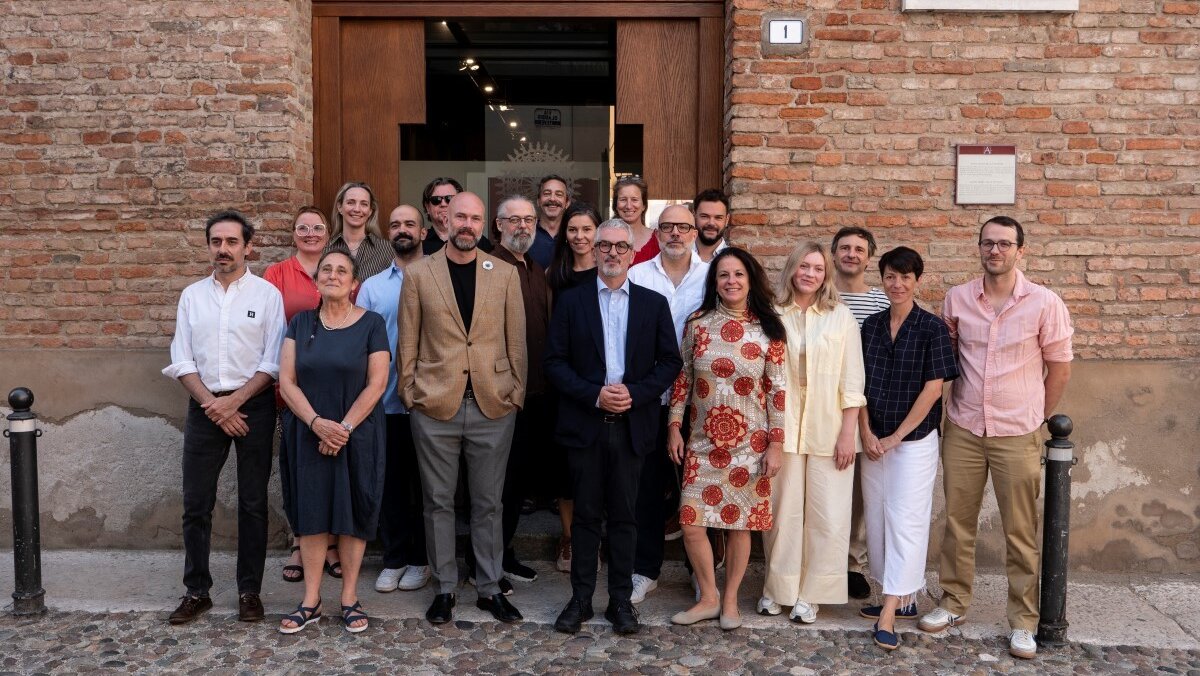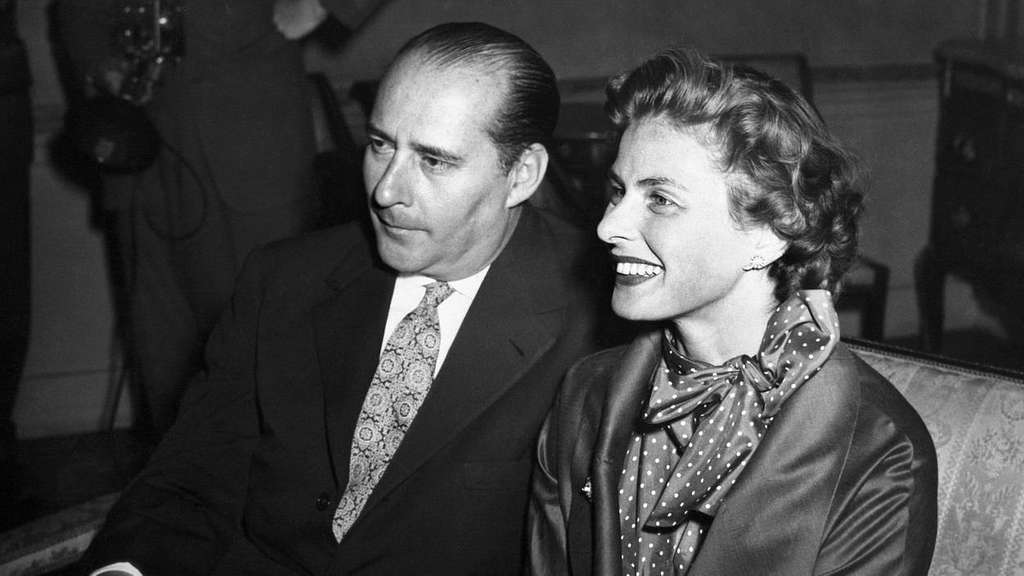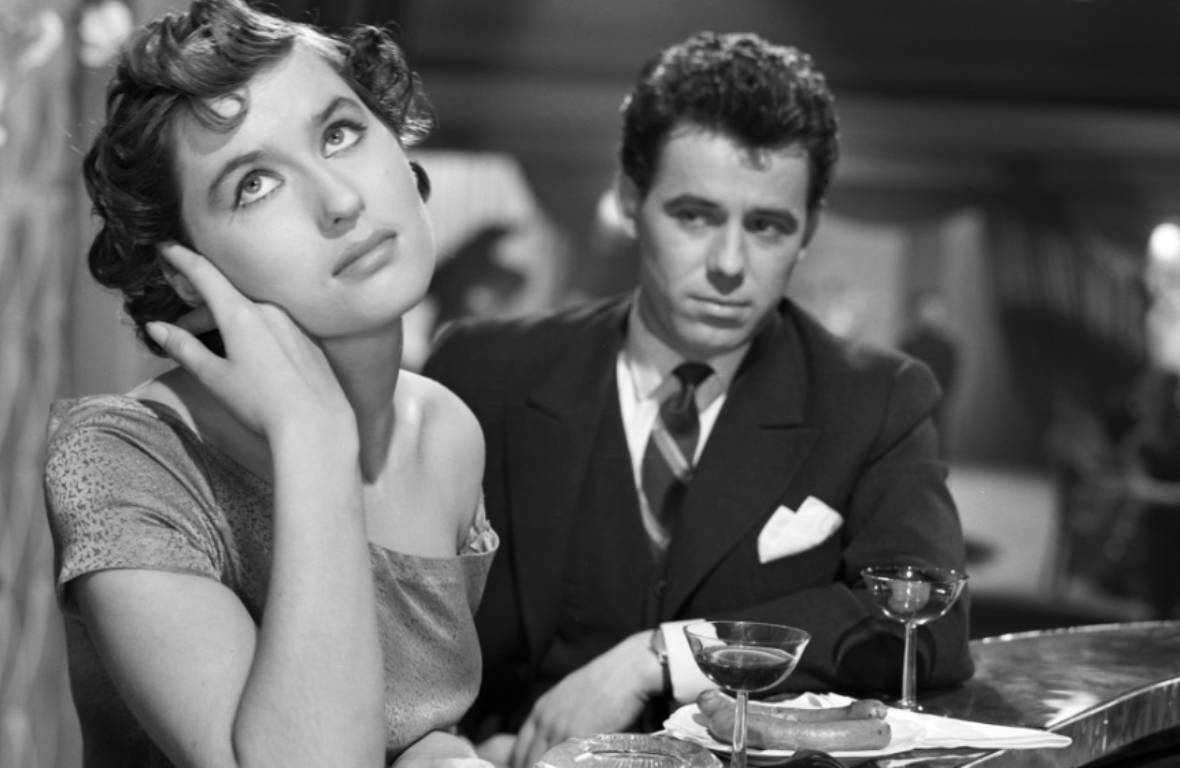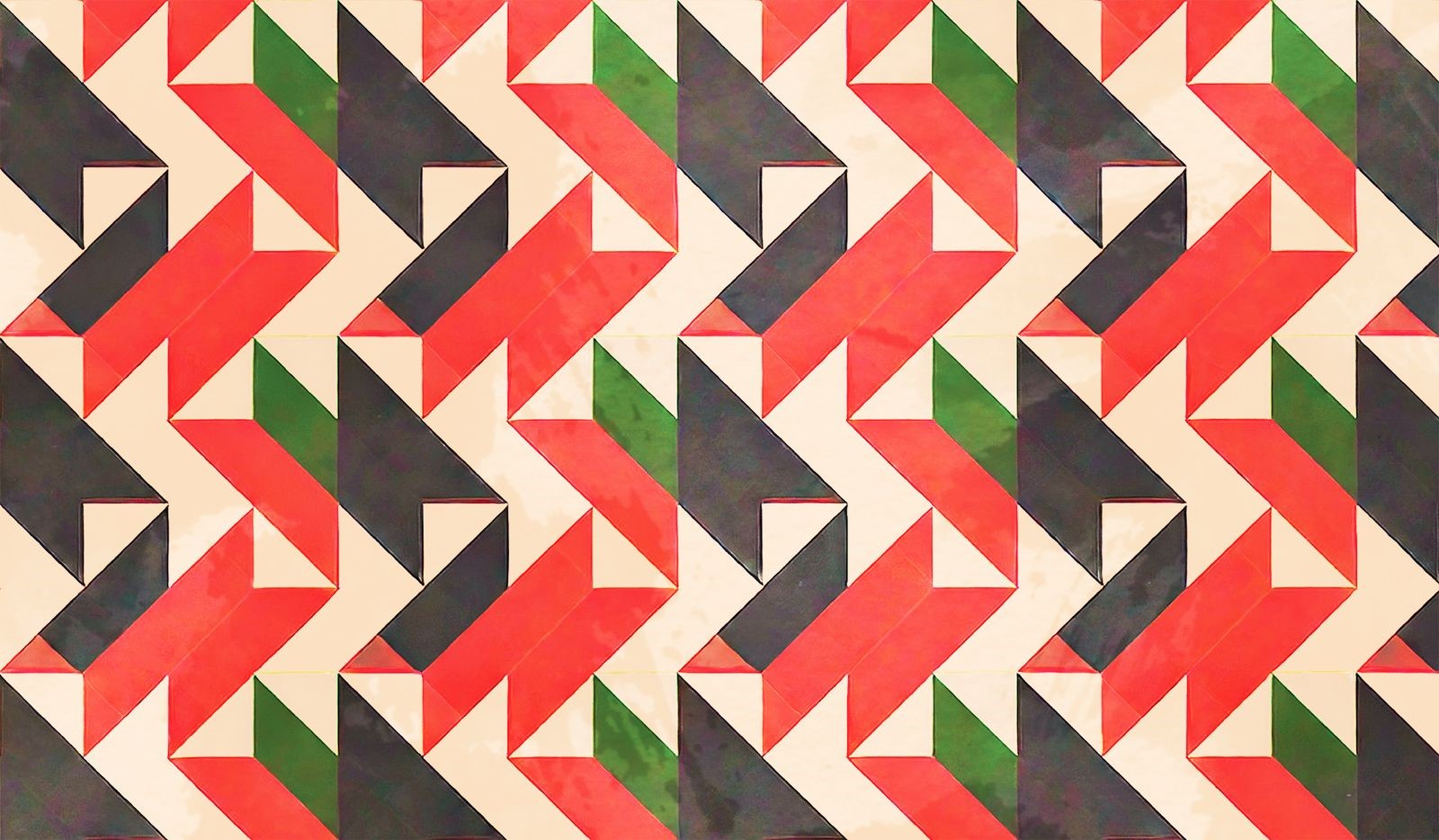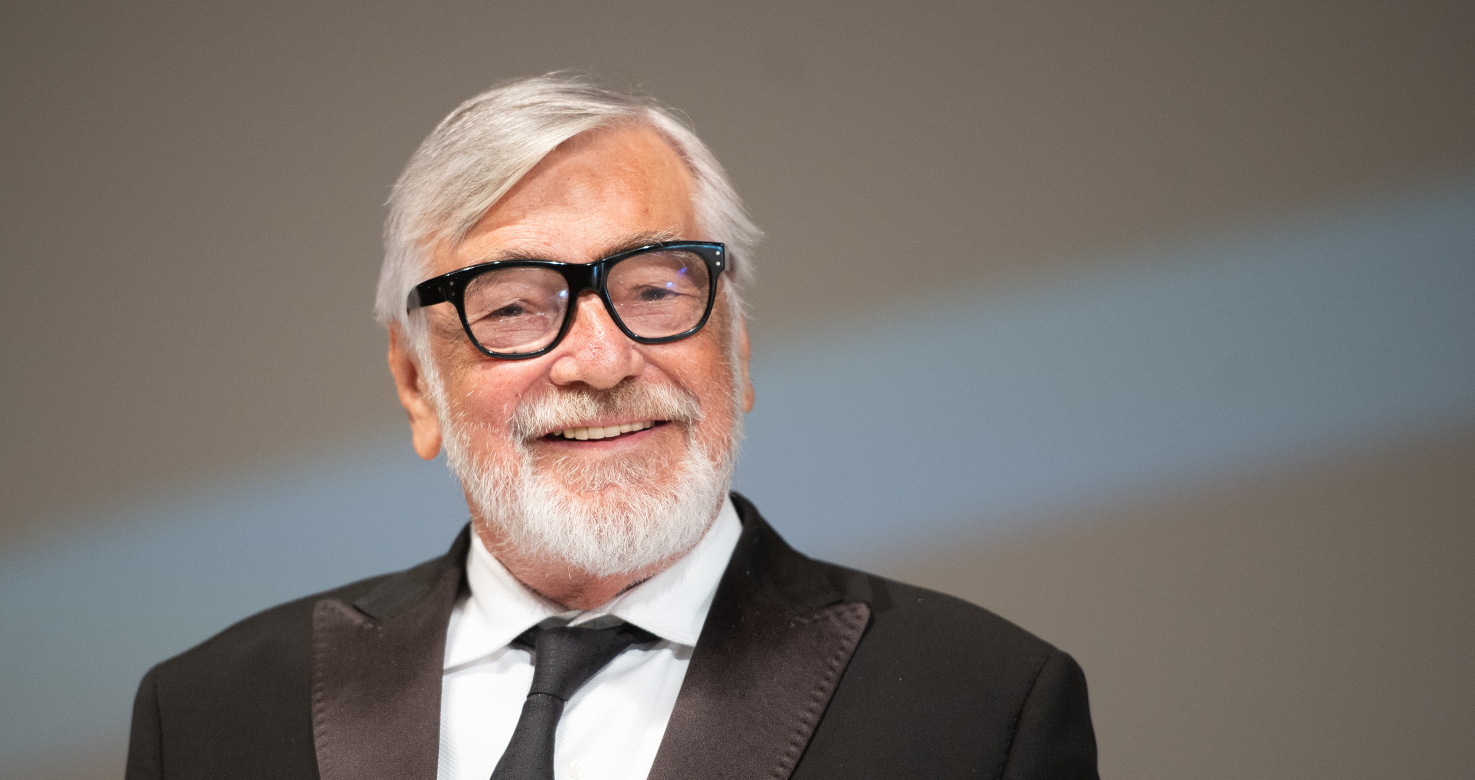MISERICORDIA
MISERICORDIA
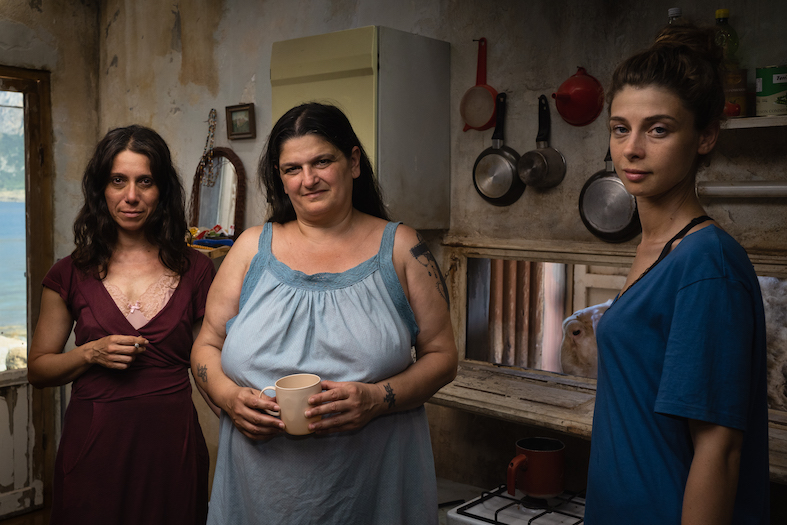
MISERICORDIA
Italy
SYNOPSIS
Sicily, a small seaside village of rough stone huts, surrounded by waste and scrap. Behind a majestic mountain, Arturo, a son of poverty and violence, was born and raised here, while his mother died here giving birth to him. Betta, Nuccia and the young Anna, prostitutes like his mother, raised him like a son, in the mercy of a desperate love made of caresses and intolerance, cruelty and tenderness.
Arturo by now is 18 years old, in some moments he seems like a child, at others very old. He was born defective, he moves in a strange way, he participates in the world with a different soul. He looks at the people around him as at the mountain he climbs: without fear. He is an invisible among the invisible and must fight, like everyone in Contrada Tuono, for survival, but his pure and different gaze carries hope.
CREDITS
Directed by: Emma Dante
Written by: Elena Stancanelli, Giorgio Vasta, Emma Dante
Produced by: Marica Stocchi, Paolo del Brocco
Cinematography: Clarissa Cappellani
Editing: Benni Atria
Production Design: Emita Frigato
Costume Design: Vanessa Sannino
Make-Up & Hair: Aldina Governatori, Marco Altieri
Original Score: Gianluca Porcu
Sound: Gianluca Costamagna
Visual Effects: Massimo Cipollina
Casting: Maurilio Mangano
Cast: Simone Zambelli (Arturo), Simona Malato (Betta), Milena Catalano (Anna), Tiziana Cuticchio (Nuccia), Fabrizio Ferracane (Polifemo), Carmine Maringola (Enzo)
STATEMENT OF THE DIRECTOR
A raging man kicks and punches the rounded belly of a nine-month pregnant girl, her hair clouding her face; the man’s expression is exhausted, his features tense, his gaze ineffable, his right hand full of rings – an armed hand that kills.
MISERICORDIA depicts a wretched reality steeped in poverty, illiteracy and provincialism. It explores the abyss of degradation ignored by society, while depicting the frailty of women, the violence perpetrated upon them, their desperate and boundless loneliness.
Three women live in a shack in a seaside village made of joint stone shacks. Behind the shacks, in the midst of waste and debris, a majestic mountain stands out.
In front of the shacks and the village watchtower, mixed within mud, lie remnants of black and yellow tape used to restrict access to an area. Contrada Tuono is a dangerous place to live in because the mountain is eroding and spalling. It is a forbidden place, where no one should live. A sign at its entrances reads “CONTRADA TUONO. NO TRESPASSING. FALLING ROCKS.”
Some nights a roar wakes everyone without a warning. A few seconds go by, and another roar takes over, stronger and longer. Yet another rumble. And then, suddenly, silence. The mountain remains silent, restraining its mineral rage.
Between the rocky coast and the mountain slopes lives a modest community of poor people, and among the poor, a special boy with hyperkinetic disorder.
Arturo is eighteen, but his suspended and indefinite flair makes him look ageless. Sometimes, he’s a child, others an old man. He moves lopsided; his glance is distant, at times delusional. Arturo was born with a flaw, due to the kicks and punches his mother was given before dying.
Her killer was his father. Polyphemus is a man of medium height with graying hair, the expression made ambiguous by the fact he’s blind in an eye.
Nuccia, Betta and then Anna take care of Arturo and love him as if he were their son.
Betta is petite, Nuccia stocky, Anna has blue eyes and a wild and crass expression. They seem distant from what is happening around them: they are resigned and saddened, but the glimmer of mercy in their eyes is still alive.
Arturo grows taller, he has hair on his arms and chest and between his legs, even his beard grows, but he doesn’t grow, he doesn’t grow up. He stays where he was born and goes nowhere.
The boy never speaks but at the end of the story, with a faint voice he utters the first word of his life: Mommy! The three women, moved, suddenly turn towards him – Nuccia with a stunned expression, Betta with shining eyes and Anna, moved, with a smile.
I envision a film full of light that recounts a story of desperation. I imagine looking for the stone doors, digging and bumping into the mountain cliff, I imagine a view from top to bottom that frames Arturo’s small and wretched kingdom.
The mountain cradles Arturo from the moment he is born, holds him in its lap, worries about him: it cries, gets angry, smiles. The mountain is the mother of the poor, and protects them with its inert, threatening and silent presence.
- Feature Film Selection 2024

